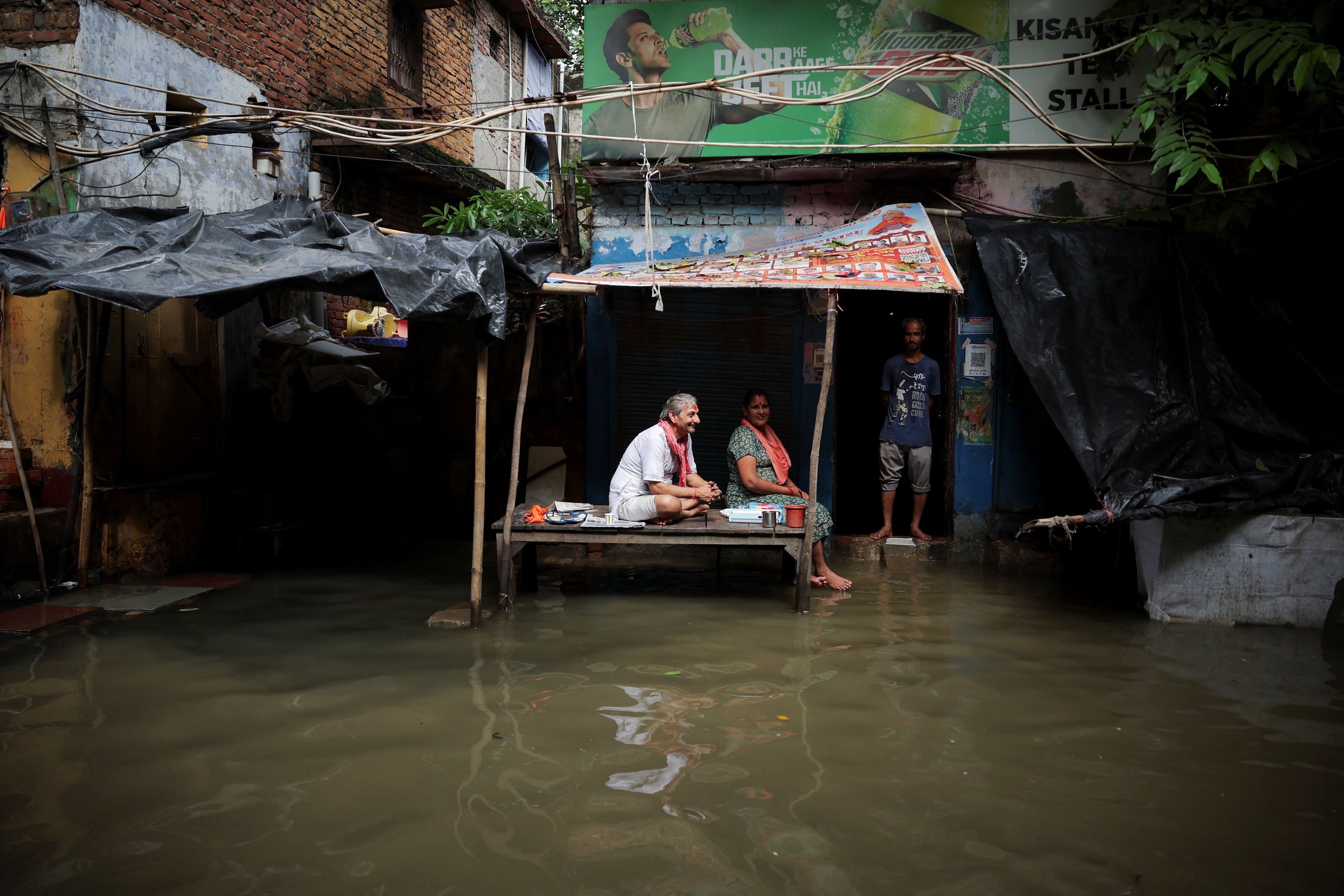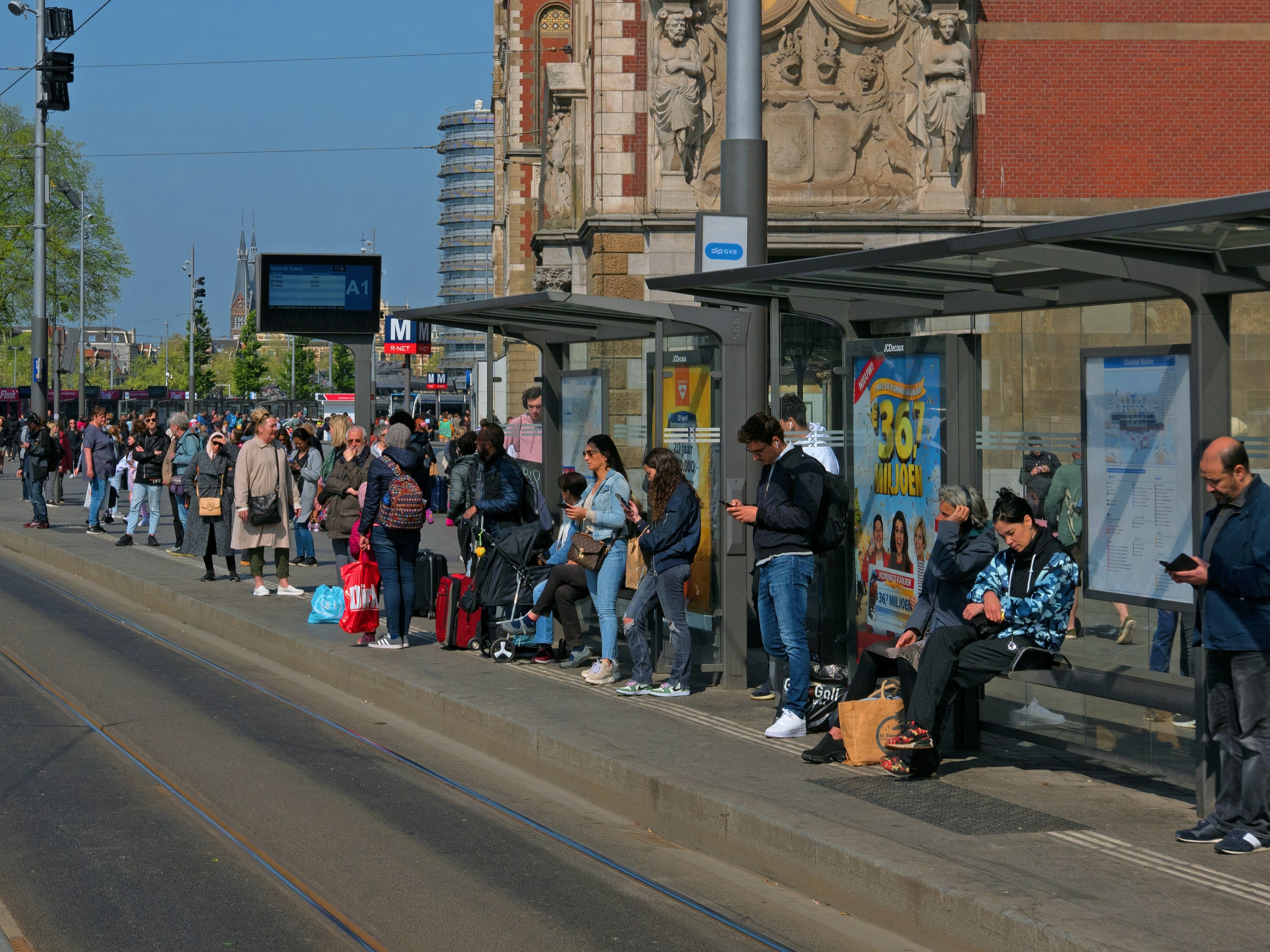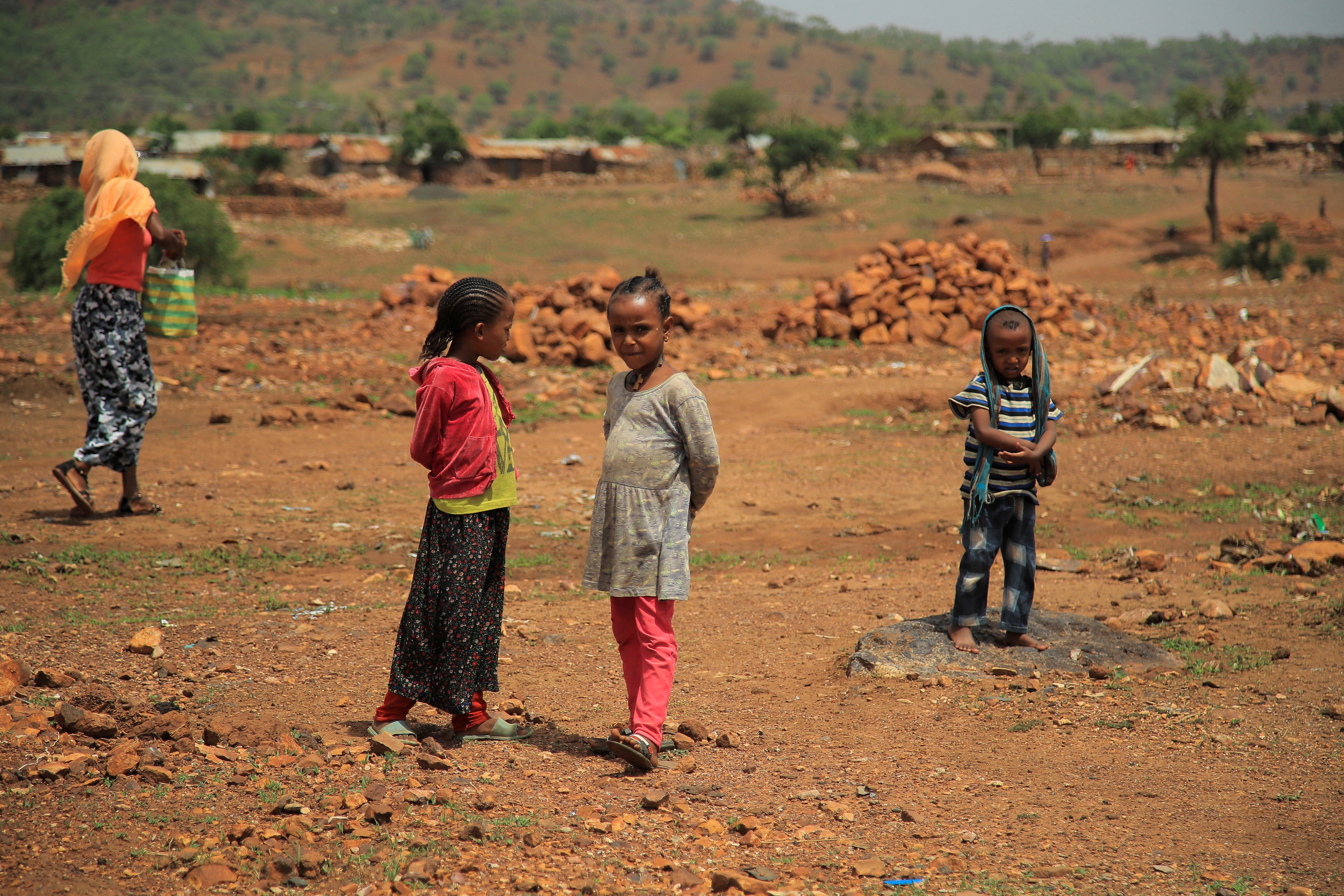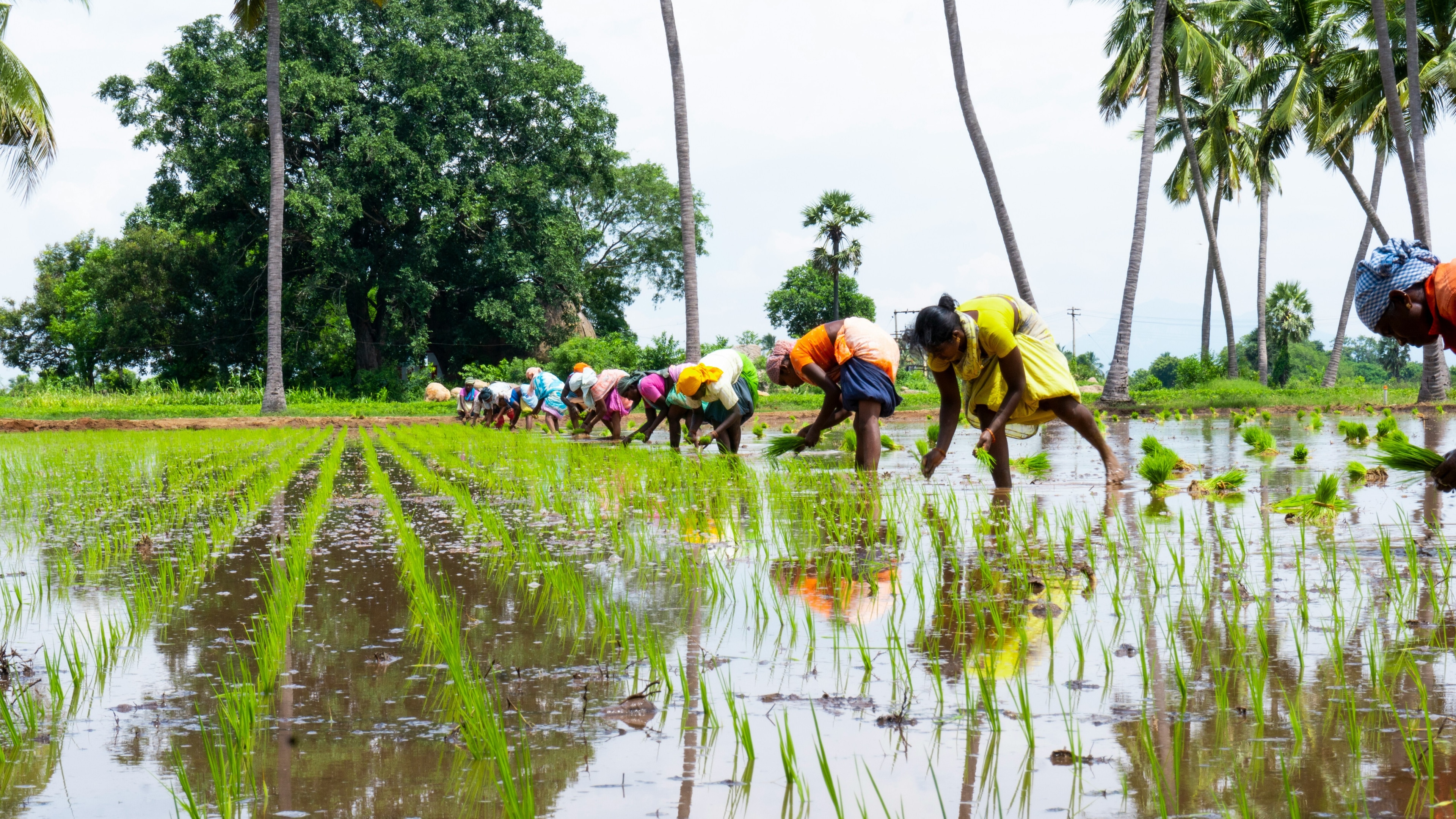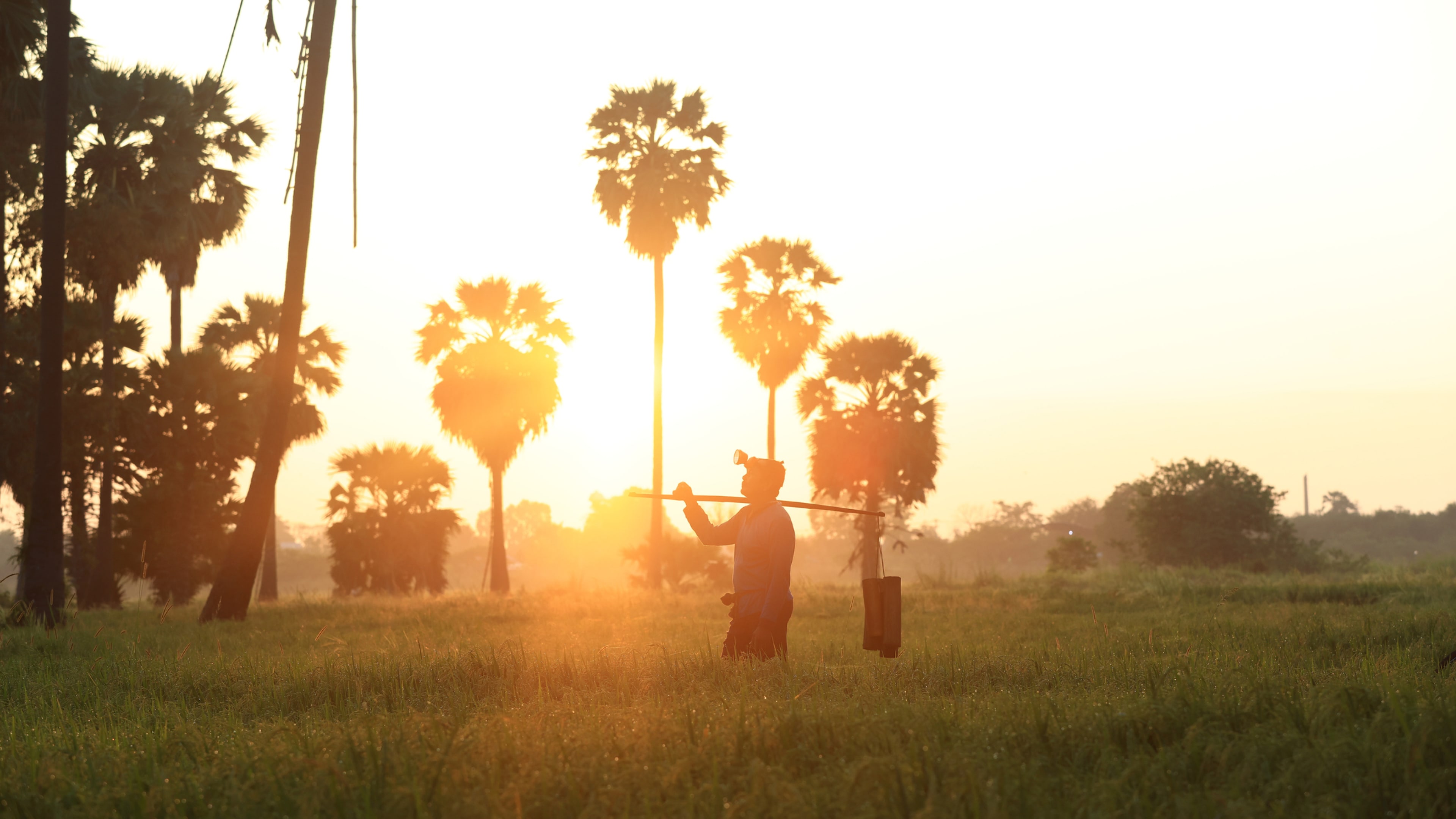The population of the United Kingdom. That's how many people have been displaced by war and conflict

89% of refugees and 99% of internally displaced people were being hosted by 15 developing countries Image: REUTERS/Zohra Bensemra
The number of people displaced by war and conflict is now equal to the entire population of the United Kingdom.
The task of quantifying this level of human misery fell to the World Bank and the UN refugee Agency (UNHCR). Their report found that 10 conflicts were responsible for the majority of displacement over the past 25 years.

The flow of people risking their lives to cross the Mediterranean is the most visible sign of the tide of migration caused by upheavals from civil war raging in parts of the Middle East, to festering political and ethnic conflicts in Africa, Asia, Latin America and eastern Europe.
The UNHCR and World Bank report said conflicts in Afghanistan, Burundi, the Caucasus, Colombia, the Democratic Republic of the Congo, Iraq, Somalia, Sudan, Syria and the former Yugoslavia are mostly responsible for the biggest migration crisis since the mid-20th century.
The World Bank’s President, Jim Yong Kim said urgent action was needed to prevent millions of lives being permanently blighted. “Forced displacement denies development opportunities to millions, creating a major obstacle to our efforts to end extreme poverty by 2030,” he said.
“We’re committed to working with our partners to help the displaced overcome their ordeal and seize economic opportunities, while ensuring that host communities can also benefit and continue to pursue their own development.”
__________________________________________________
Have you read?
__________________________________________________
The report found that 89% of refugees and 99% of internally displaced people were being hosted by 15 developing countries.

Lebanon, Jordan and Turkey, countries on the border of the civil war in Syria, are currently hosting 27% of all the world’s refugees.

Iran and Pakistan are doing the heavy lifting in housing people displaced by the Taliban insurgency in Afghanistan. Together, they are hosting 16% of all displaced people. Ethiopia and Kenya are giving shelter to more than a million refugees from the conflicts in Somalia and South Sudan – a total of 7% of the world’s displaced people.
The report highlights the importance of providing support to displaced people once a conflict has ended. In 2015, more than two decades after the end of the Balkans conflict, the UN Refugee Agency is still giving assistance to almost half a million people who were displaced by the violent break-up of the former Yugoslavia.

The UN estimates that in every minute of every day, “24 people leave behind everything they own to escape war, persecution or terror”.
With the world population of refugees and internally displaced people surging, the humanitarian and economic challenges are growing exponentially.
Don't miss any update on this topic
Create a free account and access your personalized content collection with our latest publications and analyses.
License and Republishing
World Economic Forum articles may be republished in accordance with the Creative Commons Attribution-NonCommercial-NoDerivatives 4.0 International Public License, and in accordance with our Terms of Use.
The views expressed in this article are those of the author alone and not the World Economic Forum.
Stay up to date:
Migration
Forum Stories newsletter
Bringing you weekly curated insights and analysis on the global issues that matter.
More on Resilience, Peace and SecuritySee all
Shoko Noda and Kamal Kishore
October 9, 2025

